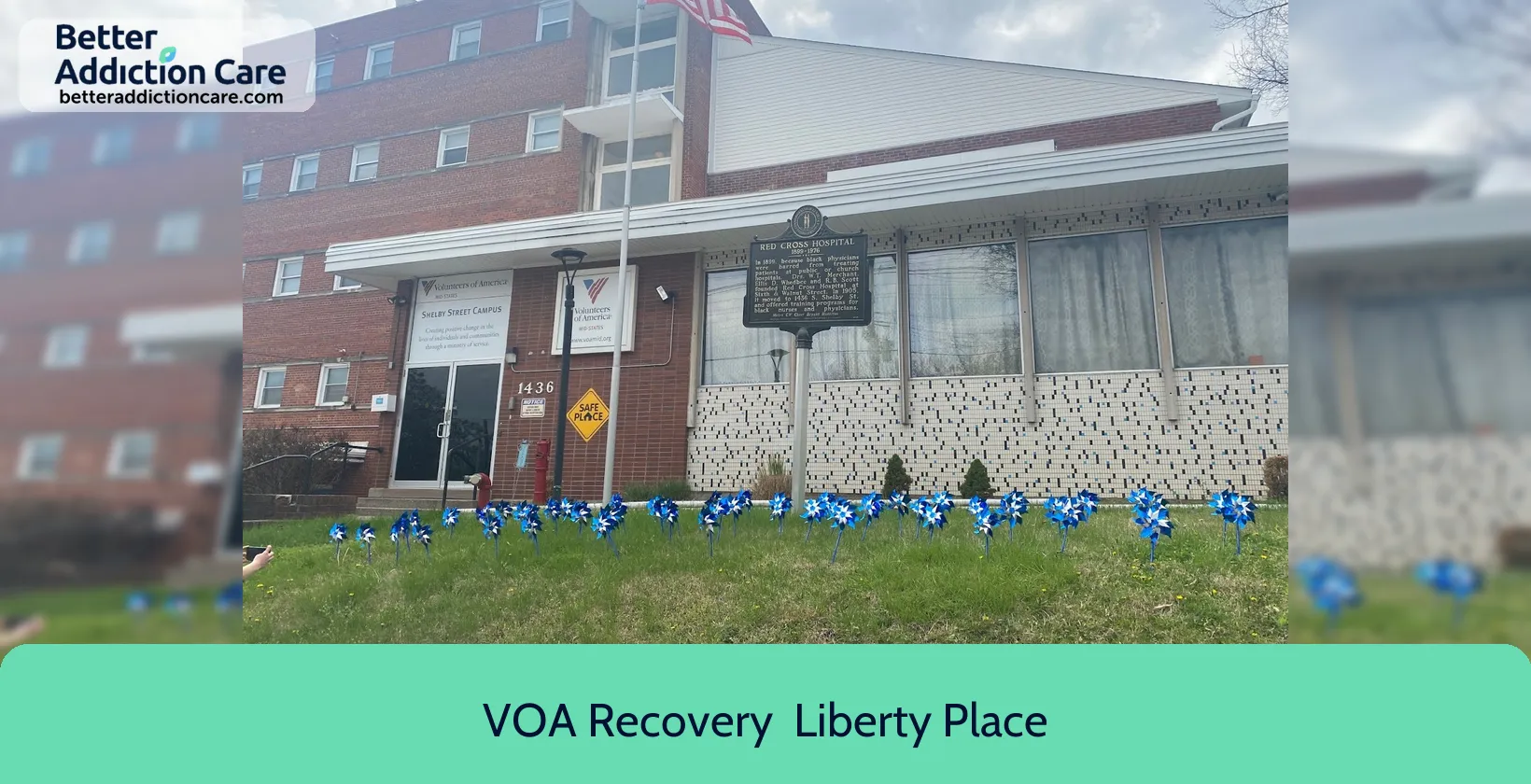VOA Recovery - Liberty Place
Overview
VOA Recovery - Liberty Place is a substance abuse treatment center for people seeking treatment near Jefferson County. As part of their treatment modalities for recovery, VOA Recovery - Liberty Place provides cognitive behavioral therapy, telemedicine/telehealth therapy, and substance use disorder counseling during treatment. VOA Recovery - Liberty Place is located in Louisville, Kentucky, accepting cash or self-payment for treatment.
VOA Recovery - Liberty Place at a Glance
Payment Options
- Cash or self-payment
- Medicaid
- Private health insurance
- Federal, or any government funding for substance use treatment programs
- Sliding fee scale (fee is based on income and other factors)
Assessments
- Comprehensive mental health assessment
- Comprehensive substance use assessment
- Outreach to persons in the community
- Screening for mental disorders
- Screening for substance use
Age Groups
- Young adults
- Adults
- Seniors
Ancillary Services
- Case management service
- Residential beds for client's children
- Mental health services
- Transportation assistance
Highlights About VOA Recovery - Liberty Place
7.29/10
With an overall rating of 7.29/10, this facility has following balanced range of services. Alcohol Rehabilitation: 8.00/10, Drug Rehab and Detox: 7.54/10, Insurance and Payments: 6.40/10, Treatment Options: 7.21/10.-
Alcohol Rehabilitation 8.00
-
Drug Rehab and Detox 7.54
-
Treatment Options 7.21
-
Insurance and Payments 6.40
Accreditations
Council on Accreditation (COA):
The Council on Accreditation (COA) is a non-profit that provides accreditation to human services organizations to ensure they meet high standards in service delivery. The accreditation process involves evaluating the organization's policies, practices, and services to meet specific standards.
Treatment At VOA Recovery - Liberty Place
Treatment Conditions
- Mental health treatment
- Alcoholism
- Substance use treatment
- Co-occurring Disorders
Care Levels
- Hospital inpatient treatment
- Outpatient
- Short-term residential
- Long-term residential
- Intensive outpatient treatment
Treatment Modalities
- Cognitive behavioral therapy
- Telemedicine/telehealth therapy
- Substance use disorder counseling
- Trauma-related counseling
- Group counseling
Ancillary Services
Additional Services
- Pharmacotherapies administered during treatment
- Mentoring/peer support
- Drug or alcohol urine screening
Special Programs
- Clients with co-occurring mental and substance use disorders
- Clients who have experienced trauma
- Pregnant/postpartum women
Get Help Now
Common Questions About VOA Recovery - Liberty Place
Contact Information
Other Facilities in Louisville
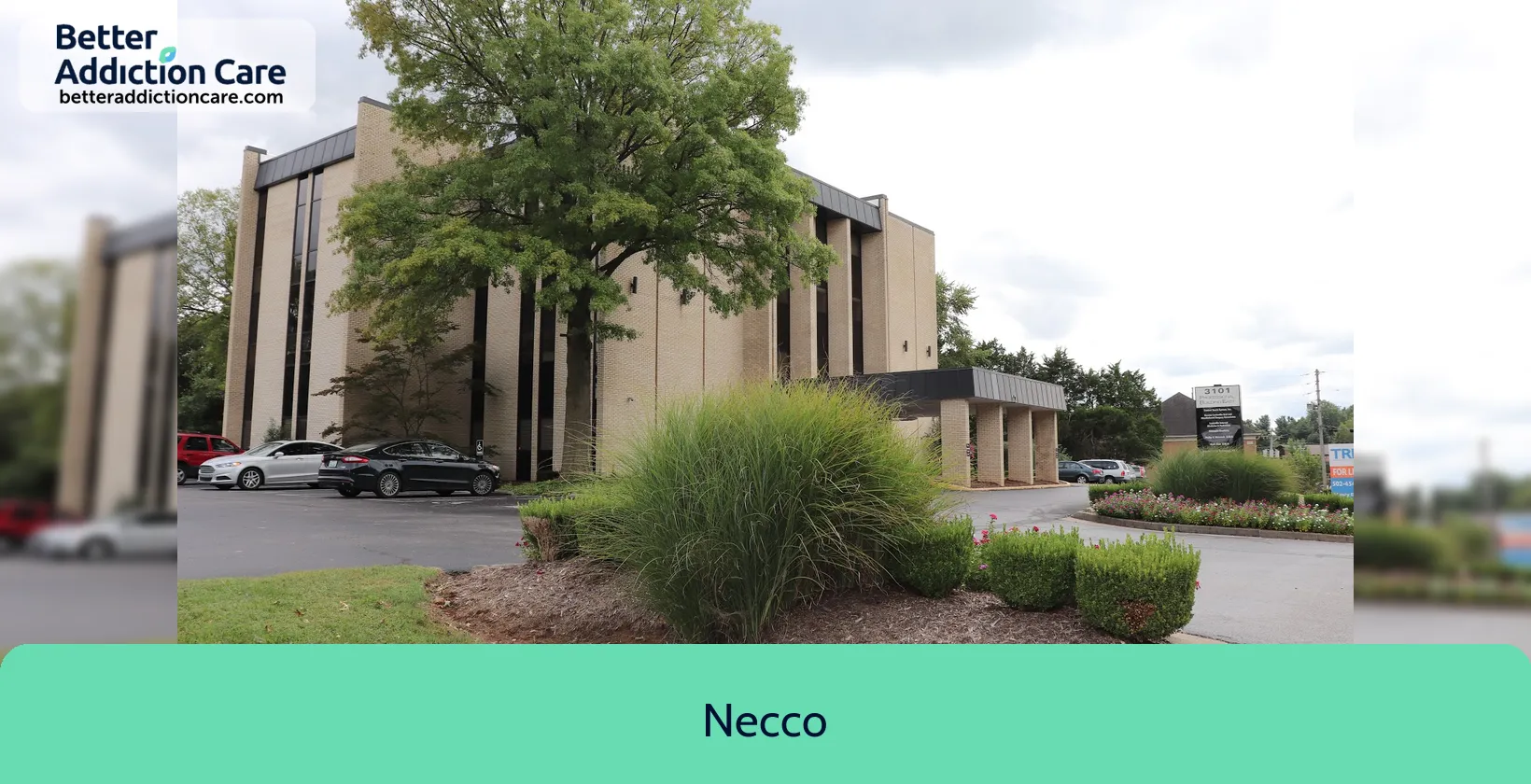
6.74
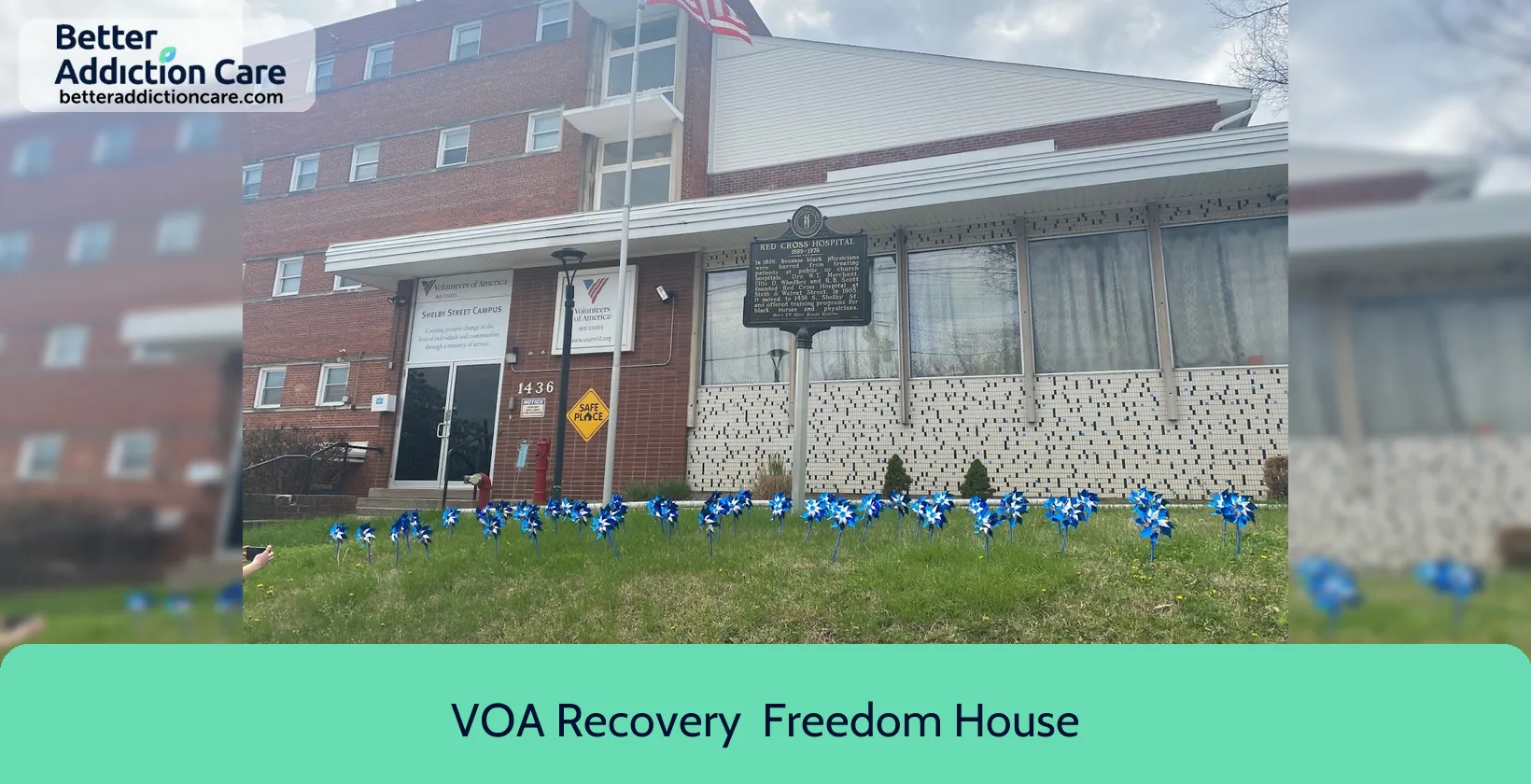
7.19

6.62
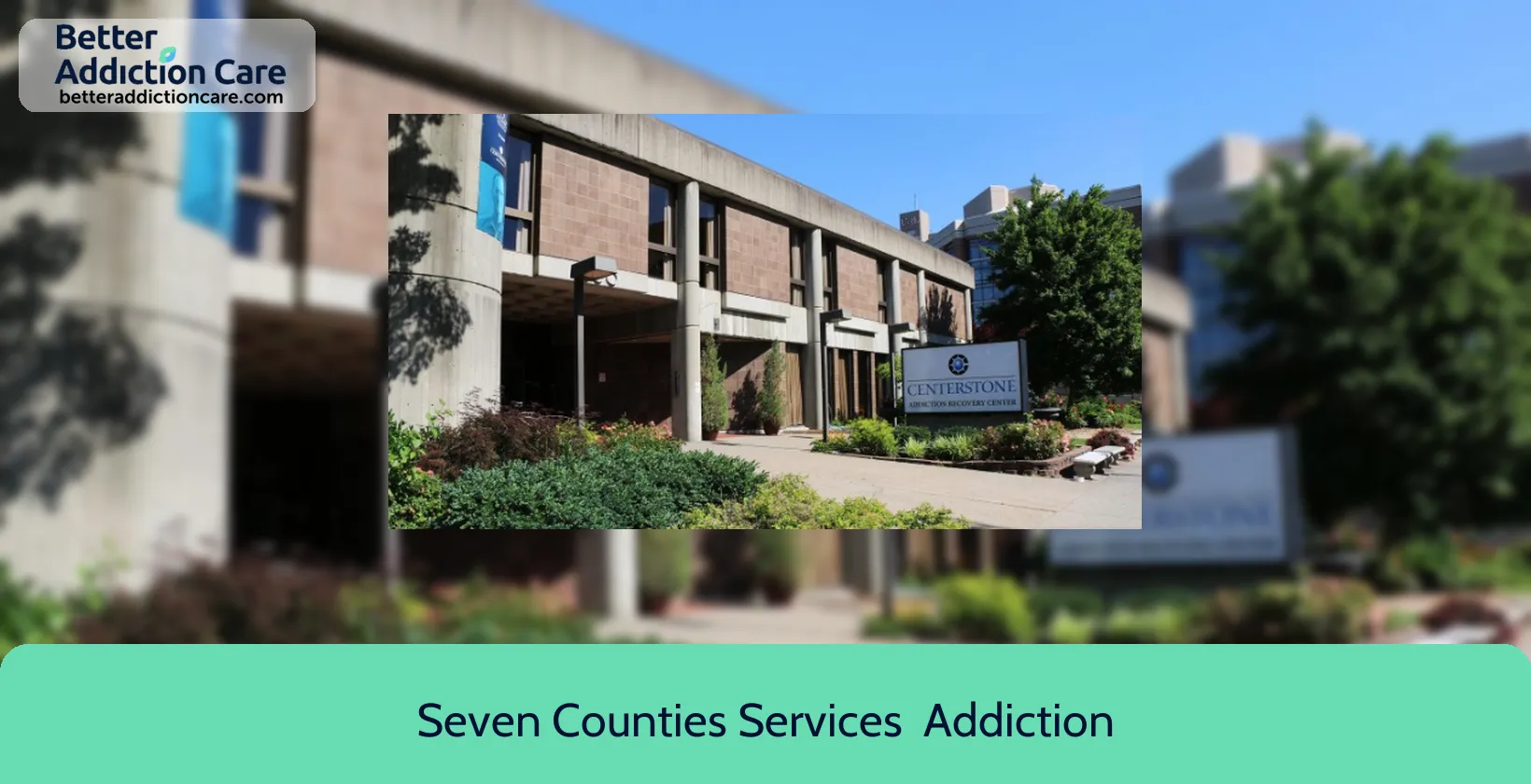
7.40
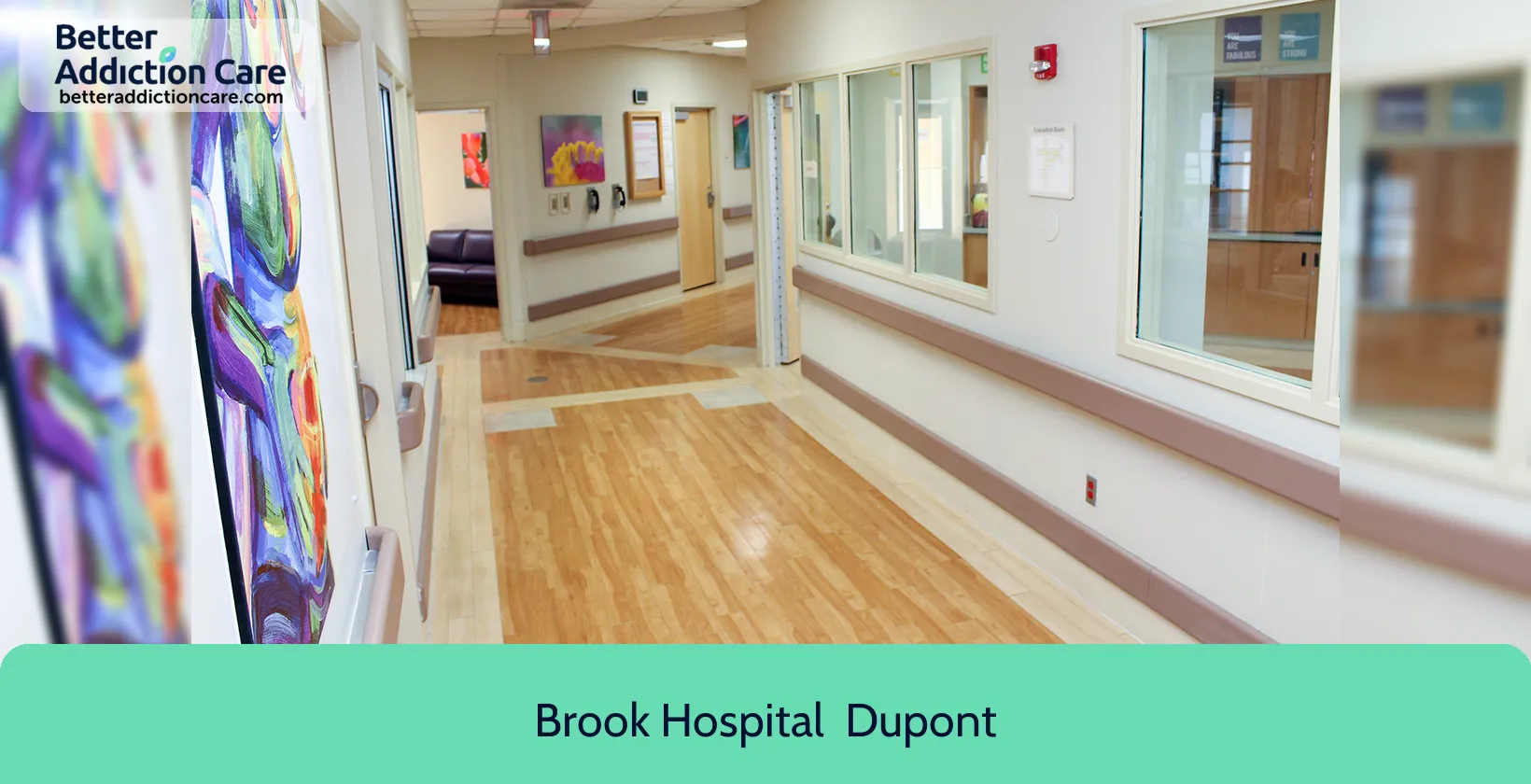
7.06
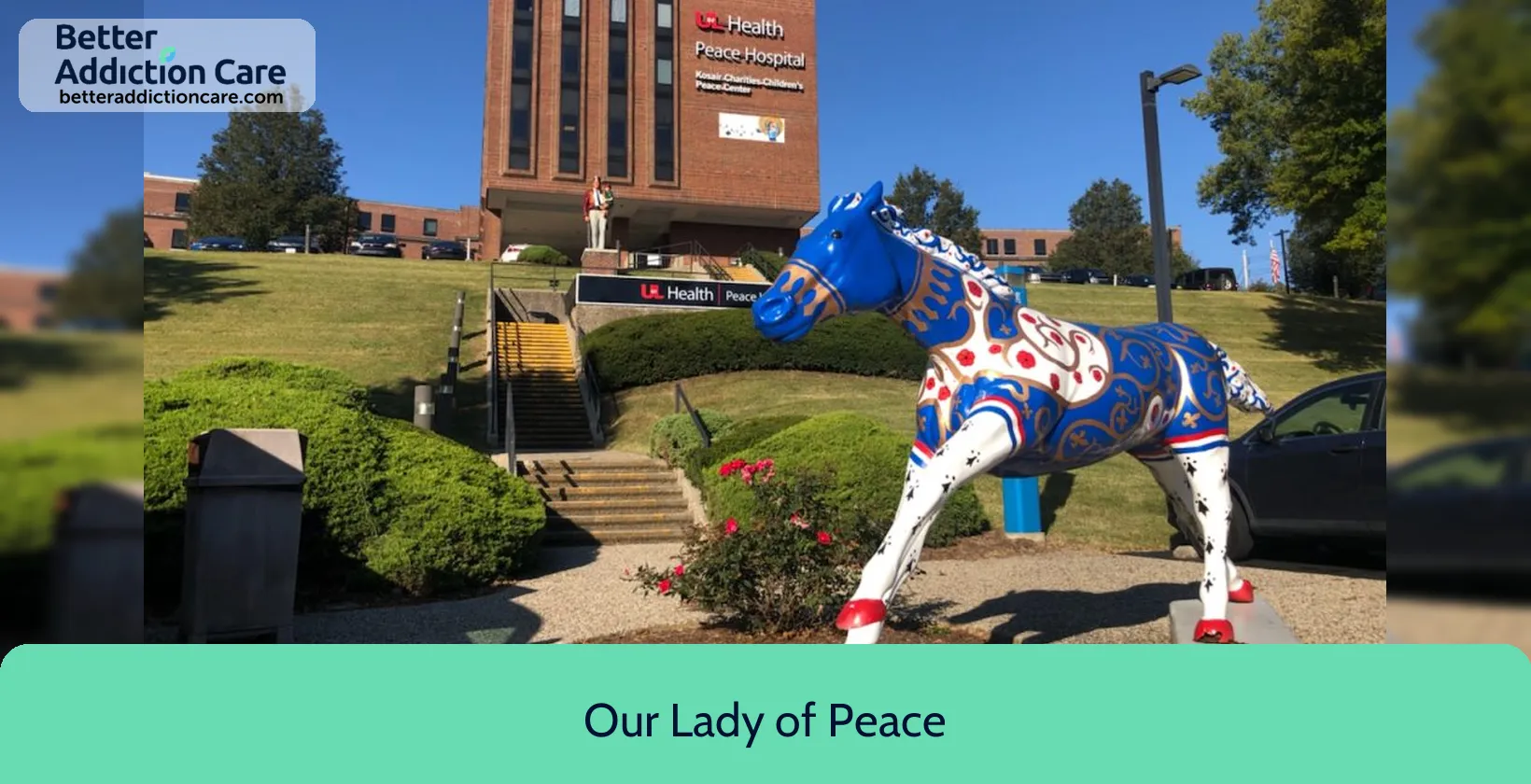
6.80
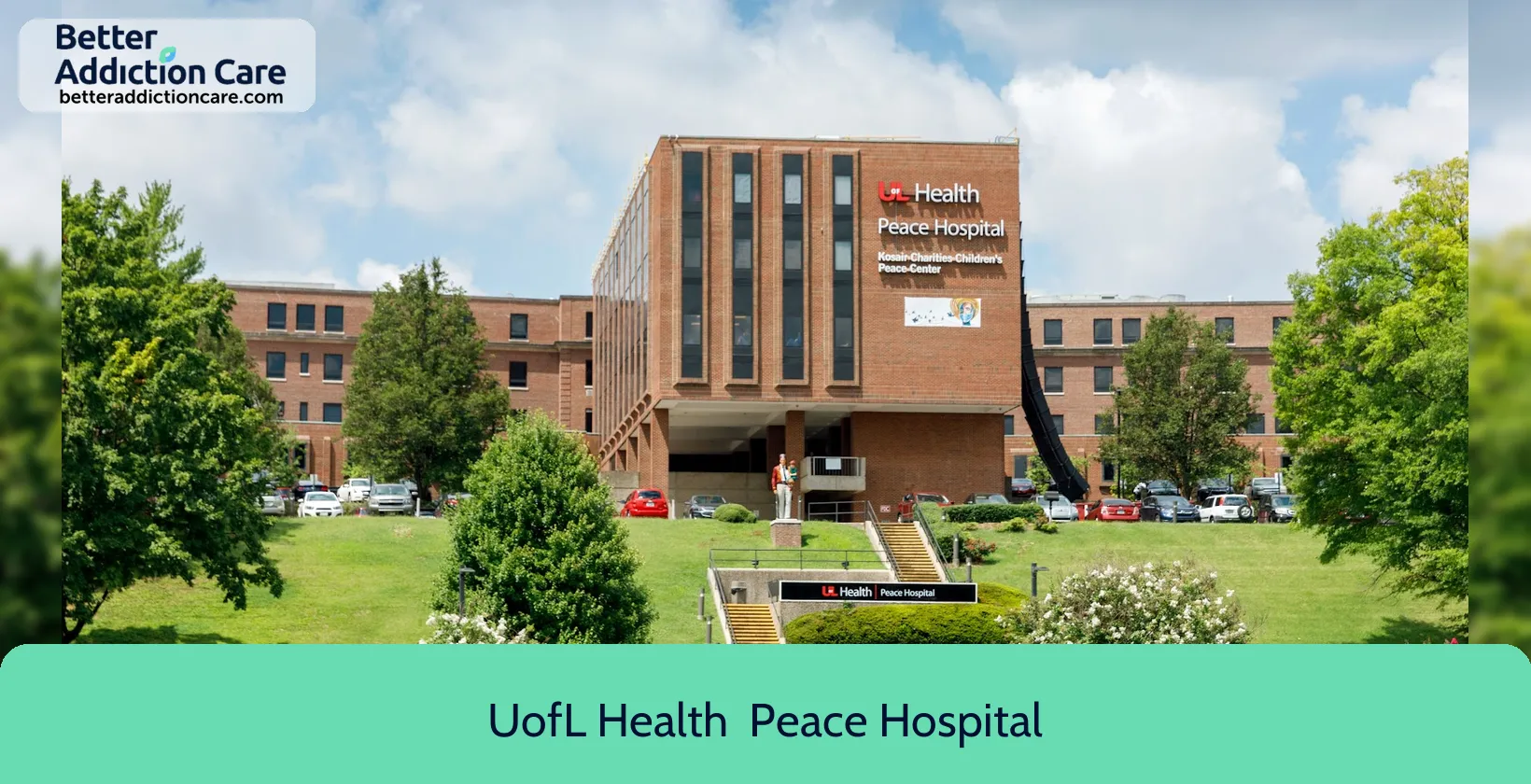
7.58
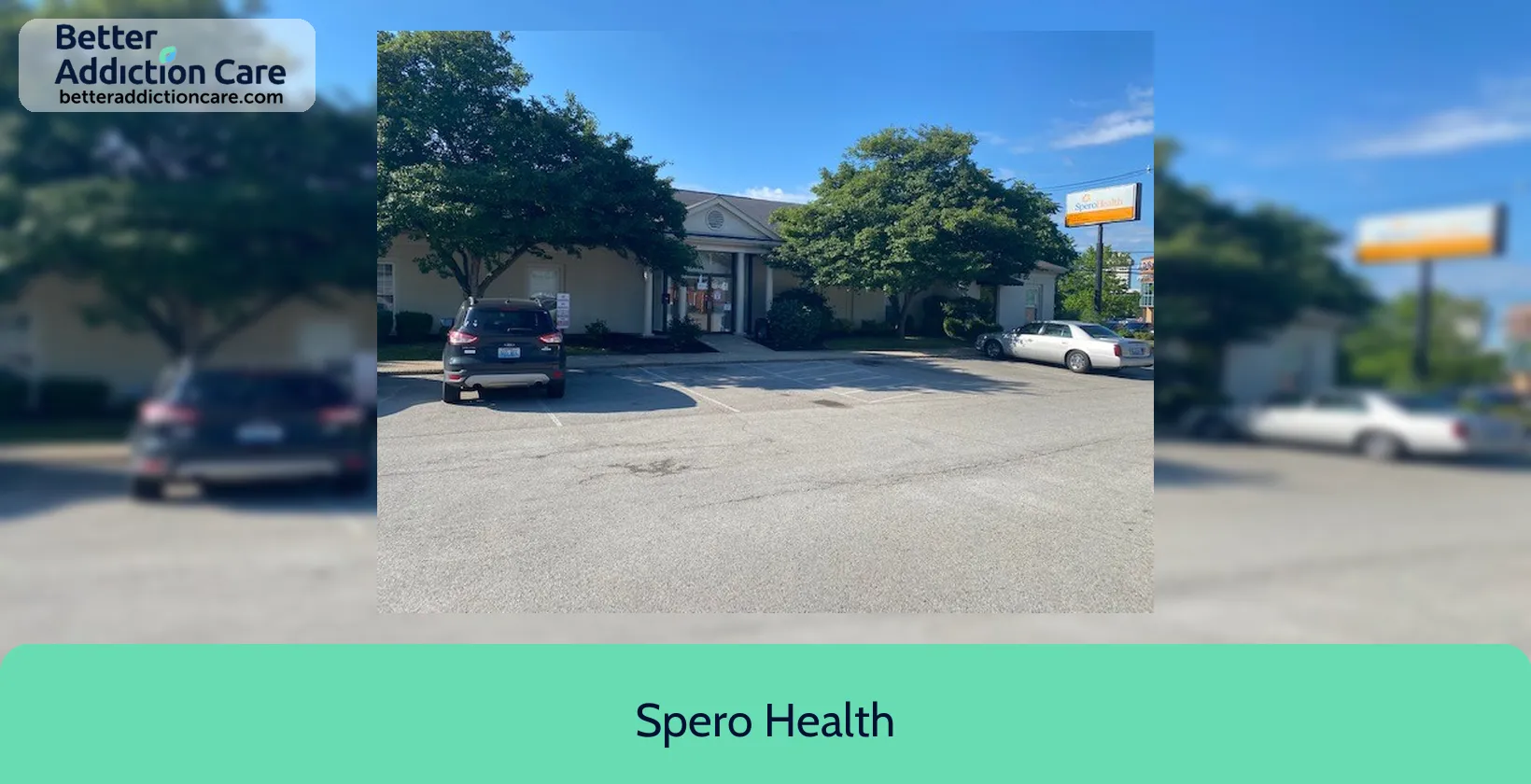
7.40
DISCLAIMER: The facility name, logo and brand are the property and registered trademarks of Spero Health, and are being used for identification and informational purposes only. Use of these names, logos and brands shall not imply endorsement. BetterAddictionCare.com is not affiliated with or sponsored by Spero Health.
